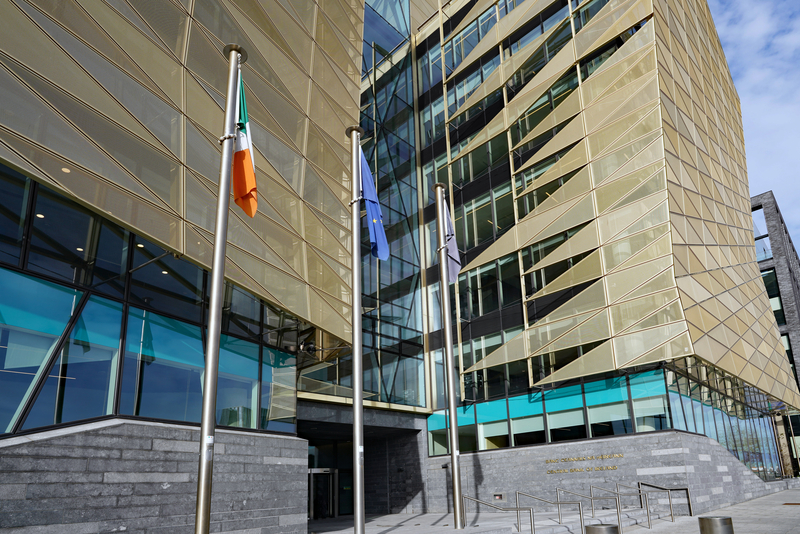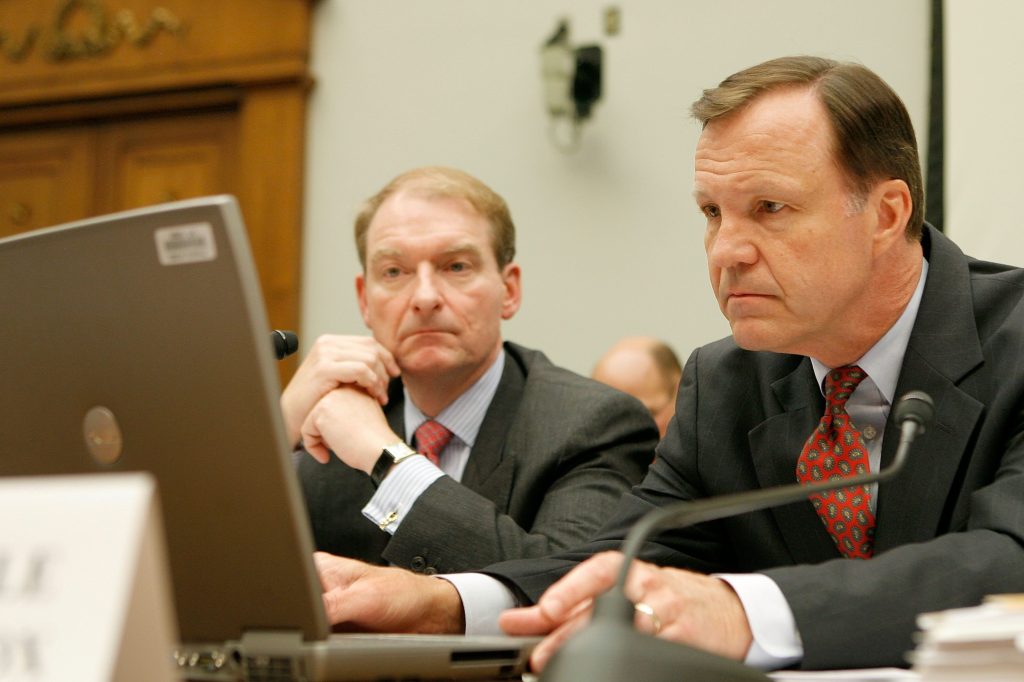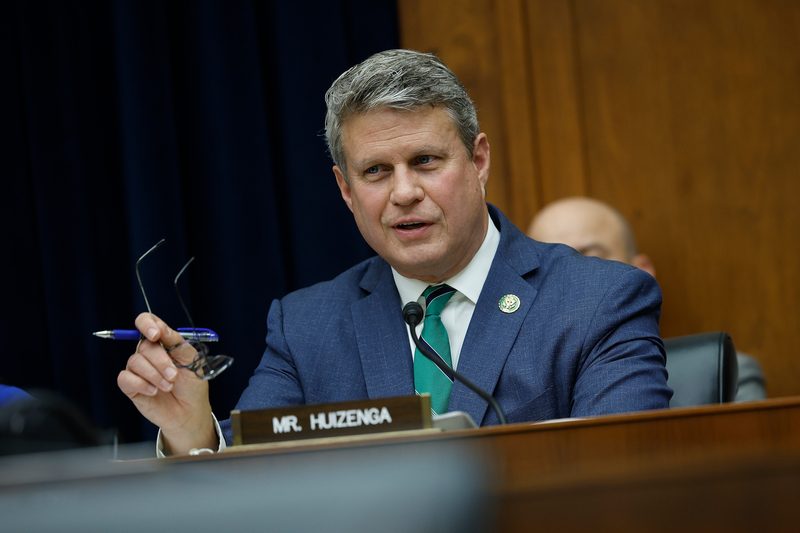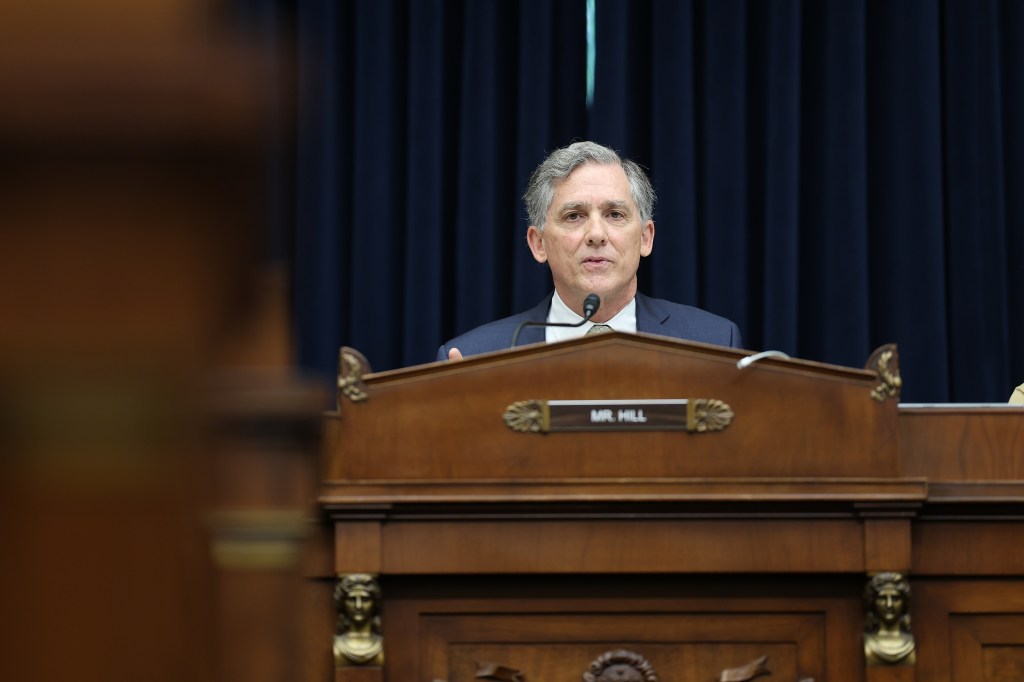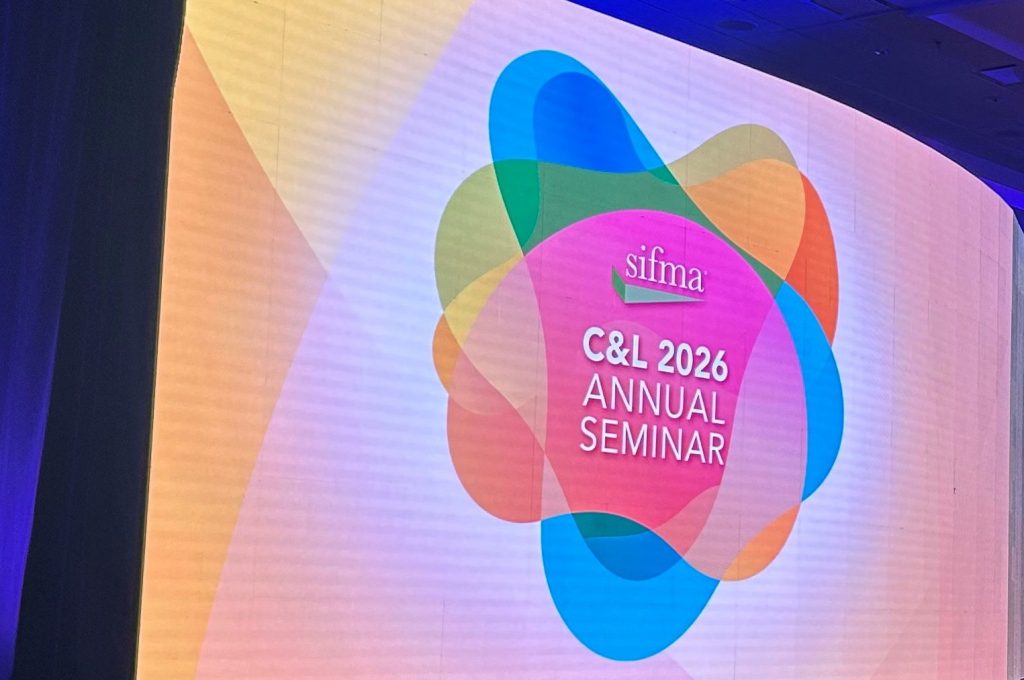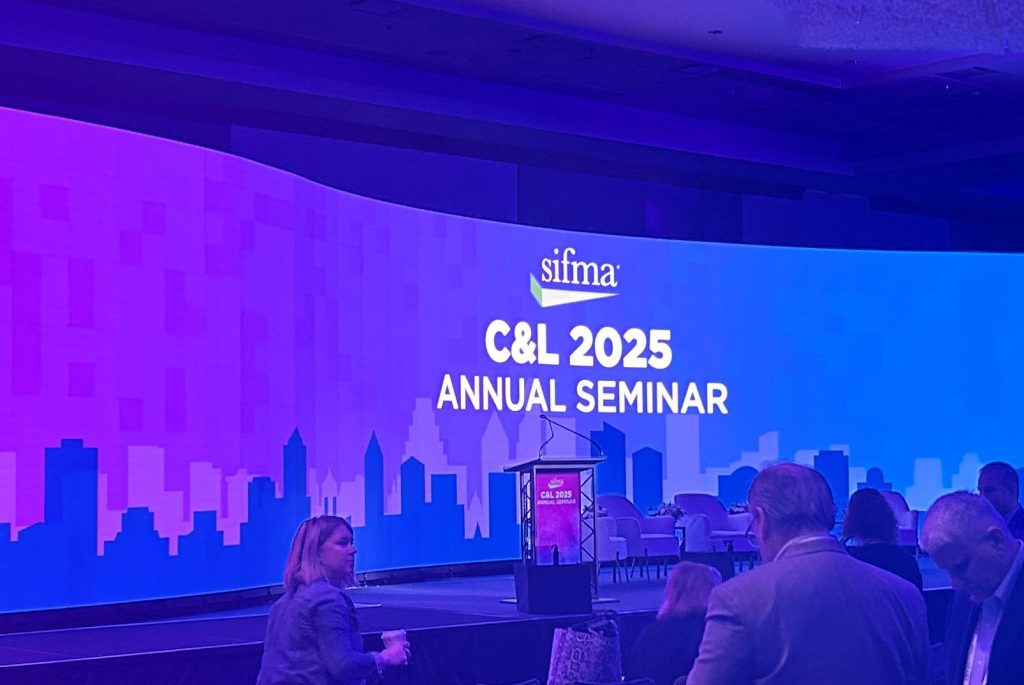Parents often find themselves asking a barrage of questions to their teenage children. Questions like “Where are you going?” “What time will you be home?” “How are you getting home?” “Who are you meeting?” All of these intrusions on their privacy may seem pesky to those on the receiving end, but are all a part of a parent’s deep-rooted instinct to ensure their child’s safety. This kind of questioning, surprisingly, shares a striking resemblance with the regulatory due diligence process in regulated firms, particularly when onboarding customers to meet Anti-Money-Laundering (AML) and financial crime regulatory requirements.
Understanding the parallels between parental oversight and regulatory due diligence can be helpful in getting a grasp on the principles and objectives that underlie regulatory compliance procedures. So, let’s break down this analogy.
Where are you going?
(Where are your customer’s business operations located?)
Parents are concerned about the environments their children expose themselves to. They want to know if the kids are going to a friend’s house, a party, or a study group. Similarly, in the financial world, regulated firms must understand their customer’s business operation locations and its nature. They need to identify if their client conducts business in high-risk countries prone to corruption, tax evasion, or terrorism financing.
What time will you be home?
(What are your customer’s business transactions timelines?)
This question from a parent is equivalent to a regulated firm understanding the timeline of a customer’s business transactions. It’s about having a clear picture of their transaction behaviours, including when they usually transfer money, how often, and how much. Irregularities in these patterns, like a teenager coming home late without a valid reason, may indicate a potential risk.
How are you getting home?
(How the money is moving in and out of the customer’s accounts?)
Parents want assurance that their child has a safe and reliable means of returning home. Similarly, regulated firms need to understand how the money is moving in and out of a customer’s account. They need to be certain that the source and destination of funds are legal and legitimate, thereby mitigating the risk of being caught up in money laundering or other illicit financial activities.
Who are you meeting?
(Do you know your customer’s customer?)
This common parental question shows an interest in understanding the company that the child keeps, aware of the influence it can have on them. From a regulator’s perspective, this translates into ‘Know Your Customer’s Customer’ (KYCC). AML procedures mandate firms to dig into their customer’s customer as far as reasonably possible. This ensures the client’s operations and associates are not indirectly involved in illicit activities, maintaining the integrity of the financial system.
Stay safe
Safeguard the financial system
This parental mantra equates to the overall regulatory aim: to safeguard the financial system. Like parents, regulators wish to prevent harm – financial crimes such as money laundering, terrorism financing, and fraud. They encourage financial institutions to have robust AML / Financial Crime and compliance programs to detect, prevent, and report suspicious activities.
Risk management
Parental queries can sometimes be seen as nagging by teenagers, but in reality, they serve an essential role in their safety and well-being. In the same vein, the exhaustive due diligence process might seem overbearing to some customers and firms. Yet, it’s a critical mechanism to protect the financial institution, its customers, and the wider global economy from financial crime.
In both cases, it’s all about risk management. Parents assess risks to their children based on who they associate with, where they go, and what they do. Likewise, financial institutions assess the risk level of each customer, understanding their business, transactions, and associates. This understanding shapes their due diligence efforts, guides risk mitigation strategies, and ensures they stay compliant with the regulations.
In conclusion, whether it’s the safety of our children or the integrity of financial systems, vigilant questioning and thorough understanding are crucial. This unique analogy between parental oversight and regulatory due diligence helps simplify the complexities of compliance, underlining the shared goal of protection, safety, and well-being. So, next time you’re exasperated with either your parent’s inquiries or your bank’s due diligence, remember, it’s all for a safer, better environment.
Tyrone Griffiths is an esteemed senior consultant and managing director of FinCrime Protection Limited, specializing in the field of anti money laundering and regulatory compliance.


